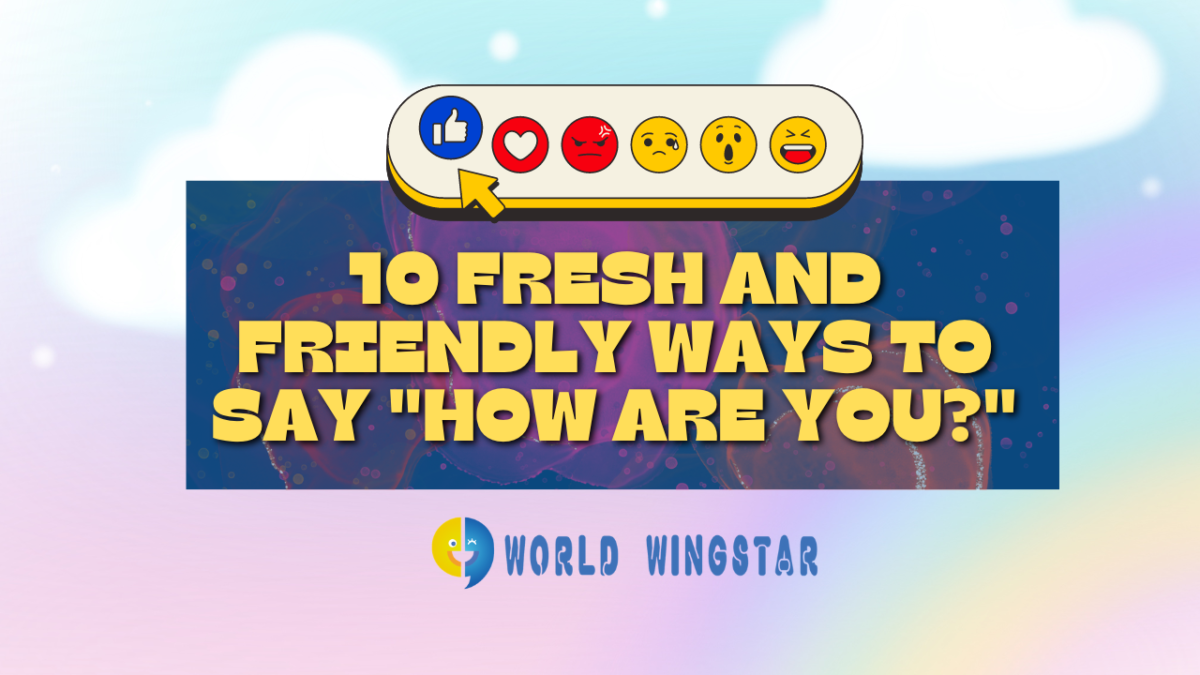- ワンポイントレッスン
What’s the Difference Between Division, Department, and Section? 会社組織名には何を使う?2025.08.02
ビジネス英語で会社の組織名を表示するときに Division, Department, それとも Section? どのように使い分けするのか、迷ったことはありませんか?
Have you ever been confused by words like division, department, and section when talking about companies or organizations? You’re not alone! These words are often used when describing how a company is organized, and while they are similar, they have different meanings and levels of importance.
Let’s break them down in a simple and clear way.
🏢 What Is a Division?
A division is usually the largest unit inside a company. It often represents a major area of business. Big companies may have different divisions based on product lines, regions, or customer groups.
📝 Example:
Toyota has separate divisions for passenger cars, trucks, and luxury vehicles.
A company might have a North American division and an Asian division.
🔑 Key idea: A division is like a big branch of the company that operates almost like a mini-company.
🗂 What Is a Department?
A department is smaller than a division and focuses on a specific function or task within the organization. Most companies, even small ones, have departments.
📝 Examples:
Human Resources (HR) Department
Marketing Department
Finance Department
IT Department
🔑 Key idea: A department is responsible for a specific job or role in the company.
📁 What Is a Section?
A section is usually part of a department. It’s the smallest unit in this structure and focuses on very specific activities.
📝 Examples:
The Payroll Section (inside the Finance Department)
The Social Media Section (inside the Marketing Department)
🏗 Let’s Compare Them in One Example:
Imagine a big company like a car manufacturer:
Division: Car Manufacturing Division
Department: Engineering Department
Section: Engine Design Section
Each level becomes narrower and more specific.
🧠 Tips for ESL Learners
Use division for big, broad categories.
Use department for specific functions like HR or Sales.
Use section for smaller, focused units inside a department.
Knowing these words will help you understand company structures and also make you sound more professional in English conversations or business emails.
Want to learn more words for your work? JOIN US TODAY!










